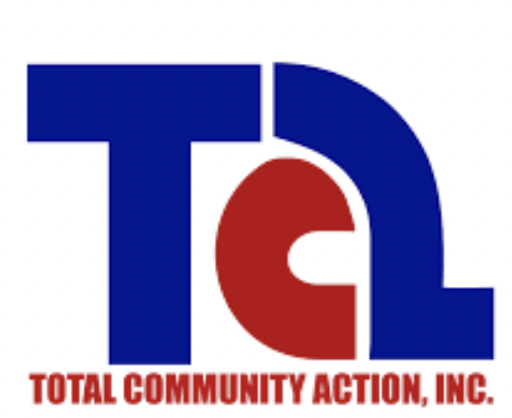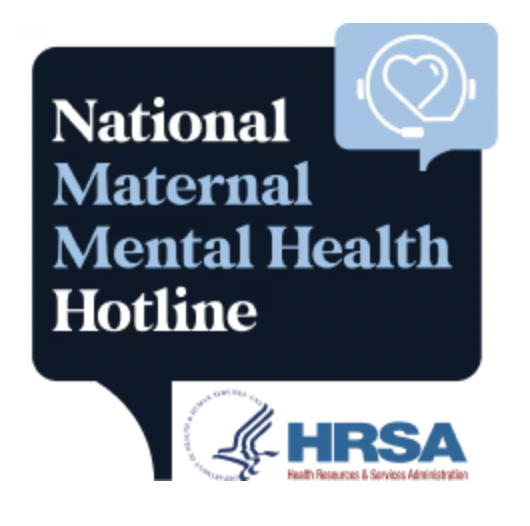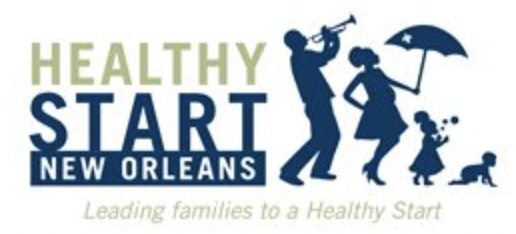August is recognized nationwide as Breastfeeding Month, created to uplift and advocate for breastfeeding families across all communities. It also serves as a call to action by highlighting the cultural and nutritional importance of breastfeeding while addressing systemic barriers that limit access. Throughout the month, themed weeks showcase the unique experiences of diverse populations, including Black Breastfeeding Week, which amplifies the voices of African American mothers and tackles persistent disparities in breastfeeding rates. This week acknowledges structural challenges and offers a platform for solutions that empower African American families to see breastfeeding as a source of nourishment, connection, and resilience. Recognizing National Breastfeeding Month is especially important in areas with lower breastfeeding rates than the national average, such as Louisiana. These disparities are even more pronounced among African American women in Louisiana, who continue to have initiation and continuation rates significantly below those of other groups. While the national breastfeeding rate stands at 84%, African American mothers in Louisiana have a rate of only 74.5%. Given these disparities, it’s crucial to recognize the vital role community health centers play in promoting and supporting breastfeeding, particularly in underserved areas.
Community health centers aim to fill healthcare gaps that many people encounter. They also play a vital role in educating local communities about breastfeeding and providing support to mothers who often face barriers to proper care. These facilities are accessible, trusted places where families can find the resources and support needed to make the best choices for their infants and children. Ways in which community health centers have helped mothers include:
- Community health centers offer maternal health services such as prenatal care, lactation support, infant health monitoring, and postpartum care to marginalized communities, especially those who are uninsured. These centers are intentionally located in healthcare deserts, enabling mothers from these neighborhoods to access maternal healthcare services that might otherwise be difficult to reach or unavailable. Often, these facilities include doulas or community health workers, trusted professionals who provide social support and care, helping maternal patients feel
well-informed and empowered.










